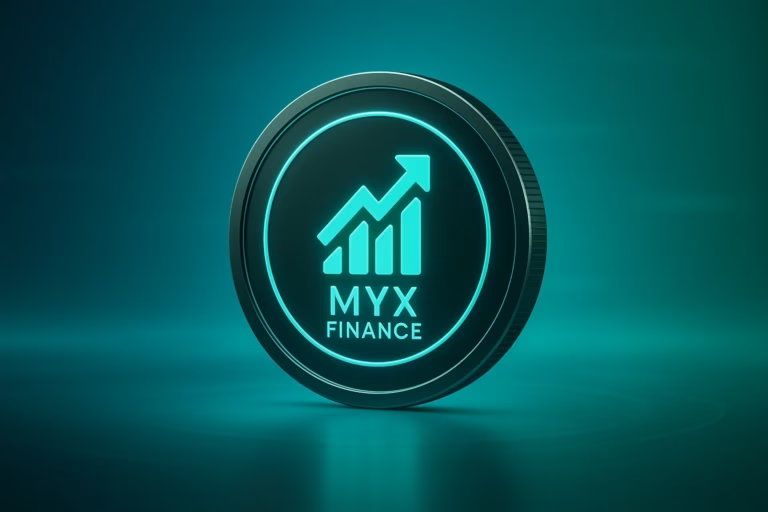
- Better Markets has filed an amicus curiae brief supporting the SEC’s appeal in its ongoing case against Ripple Labs, arguing that a recent court ruling undermines investor protections by favoring institutional investors and neglecting retail buyers.
- The outcome of the case could set a precedent for how digital assets are regulated under U.S. securities laws and impact the future of cryptocurrency markets.
The legal clash between Ripple Labs and the U.S. Securities and Exchange Commission (SEC) has reached a critical juncture, and its outcome could reshape the future of cryptocurrency regulation in the United States. With the SEC appealing a pivotal 2023 ruling that favored Ripple, the stakes have never been higher for both retail investors and the broader crypto market.
The Core of the Dispute: Retail vs. Institutional Sales
The SEC’s lawsuit against Ripple dates back to December 2020, alleging that the company, alongside its CEO Brad Garlinghouse and co-founder Chris Larsen, raised a staggering $1.3 billion through unregistered XRP sales. In 2023, the court ruled in part in favor of Ripple, determining that XRP sales to retail investors on exchanges did not violate securities laws. However, the decision did not extend the same ruling to institutional investors, leading to a penalty of $125 million for Ripple.
The SEC’s appeal, filed in October 2024, focuses on the retail sales decision, arguing that Ripple’s extensive marketing efforts—such as brochures, reports, and public outreach—created clear profit expectations for buyers, thus meeting the criteria of the Howey Test, a key legal standard for determining securities.
Better Markets Weighs In: A Call for Greater Protections
Enter Better Markets, a nonprofit organization that has filed an amicus curiae brief supporting the SEC’s appeal. Better Markets argues that the district court’s decision misapplied the Howey Test, and more crucially, that it creates a dangerous loophole favoring institutional investors while leaving retail buyers unprotected. The organization highlights how Ripple’s marketing strategies were designed to fuel expectations of future profits based on the company’s efforts, a move that could be seen as a breach of securities laws under the Howey Test.
Better Markets’ concern is that the ruling, if upheld, could severely weaken the SEC’s ability to regulate cryptocurrency markets, particularly the secondary trading of digital assets on exchanges. This could leave everyday investors vulnerable to aggressive marketing tactics and poor investment decisions, especially in an environment where social media plays a huge role in shaping market perceptions.
The Ripple Effect: Could This Case Shape the Future of Cryptos?
Ripple’s strong financial position, buoyed by an increase in the value of XRP holdings and high-profile connections, has kept the company in the spotlight. CEO Brad Garlinghouse’s meeting with former President Donald Trump and the recent rise in XRP’s price to $3.15 further fuel speculation about Ripple’s potential political influence and the outcome of this legal battle.
With the appointment of a more crypto-friendly SEC Chair, Mark Uyeda, replacing Gary Gensler, some believe a settlement might be on the horizon. However, the implications of this case are far-reaching. Not only could it redefine how digital assets are classified under U.S. securities laws, but it could also set a precedent for future regulation in the volatile world of cryptocurrencies.
The court’s decision on the SEC’s appeal may determine whether Ripple can continue its operations unfazed or if a new regulatory framework will emerge, altering the landscape for both investors and the crypto industry.




